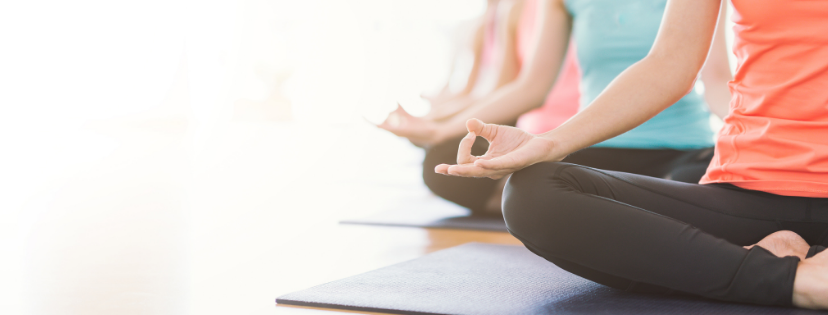Adapted with permission from Energetic Protection by David Corby.
Helping people is only tiring when we do it for the wrong reasons. Common ‘wrong reasons’ include:
- To be liked
- To be loved
- For our life to have purpose and meaning
- To have value
- To be valued
- To make other people happy because that makes us feel better about ourselves
- Because we can sympathise with their pain
- Because we want to impress them
- To save the world
- Because no one else will and we feel responsible
- To be accepted.
All these are examples of being motivated to help so that we can feel better about ourselves or to gain a positive response from others.
What is the right motivation for helping people? When we freely choose to help then helping will not affect our energy nor our feelings about ourself. We can freely choose to help only when it personally makes no difference whether we give or not. This means that we are not trying to improve our feelings about ourself or others’ feelings about us, or to feel better about our life through helping. In other words we are not personally motivated to help, allowing us to come from the right space, a heart centred space, ensuring we do not lose energy when helping.
A lot of people struggle with this concept of helping people from a heart centred, rather than a personal, space. They say ‘how is heart centred not personal?’.
A carer is personally involved when the outcome affects how they feel about themself. For example, a practitioner who is just starting out may be very keen for the client to have good results and come back. When they cancel their next appointment the practitioner feels deflated, loses confidence and wonders whether it will ever work out. This is a clear example of the outcome of the session having an impact on how the practitioner feels about themself. This is the most depleting way of working.
The more personally involved the carer is in the outcome of a their work the more depleting that work will be. The carer will effectively give their energy away in order to try to achieve the outcome they want.
If you are getting drained from your work you need to stop and ask yourself what is it that you want from it? Are you wanting the client to be impressed? To get better? To acknowledge your work? To value you? To appreciate you?
A truly heart centred approach is one where you require nothing from the client. They do not need to get better, be impressed, acknowledge your work or thank you. To do this it is important to get into the right frame of mind and space, a process I will talk about more in Part 2.
When feeling drained in caring it is good to do a process where you ask yourself what you want from the client – see Figure 2. If you need acknowledgement from the client, instead of seeking this acknowledgement externally, it will be important to acknowledge yourself. If you need acceptance or love, then it is important to accept and love yourself. In other words if you meet your own needs internally then you do not need anything from the client and thus will not be drained by them.

The key to how much a ‘need’ for money becomes a drain depends on the degree to which it motivates the giving. Money can be something that you receive rather than something that you earn for your work. You can help for the right reasons and graciously accept the money that your clients give to you. Alternatively, you could focus on your need for money and your motivation for helping would be to receive money. The outcomes of these two approaches are very different. The second approach does not necessarily result in you receiving more money, but it will result in clinic being much more draining because you will feel like you need to help in order to get what you want – money.
What I am saying is that money, by itself, is not sufficient motivation to have a rewarding and non-draining clinic experience. This does not mean that giving away your time or charging less than appropriate results in less drain. Usually people do this because they do not value themselves or because they feel compelled to give (for the wrong reasons) and feel uncomfortable about receiving. These people are prone to feeling drained.
When we value and love ourselves we will value our time and will be happy to receive money for our efforts. Being open to receiving is different to being motivated by it, and it is the motivation that is the key to whether it is draining or not.
David is CEO of CCM, teacher of holistic kinesiology and mind body medicine and published author of ‘Finding Joy Within’, ‘Energetic Protection’, ‘Neuropressure’ and numerous accredited courses. David is a registered Acupuncturist, a mind body practitioner and holistic kinesiologist. A world renowned lecturer who teaches in Australia and overseas.


